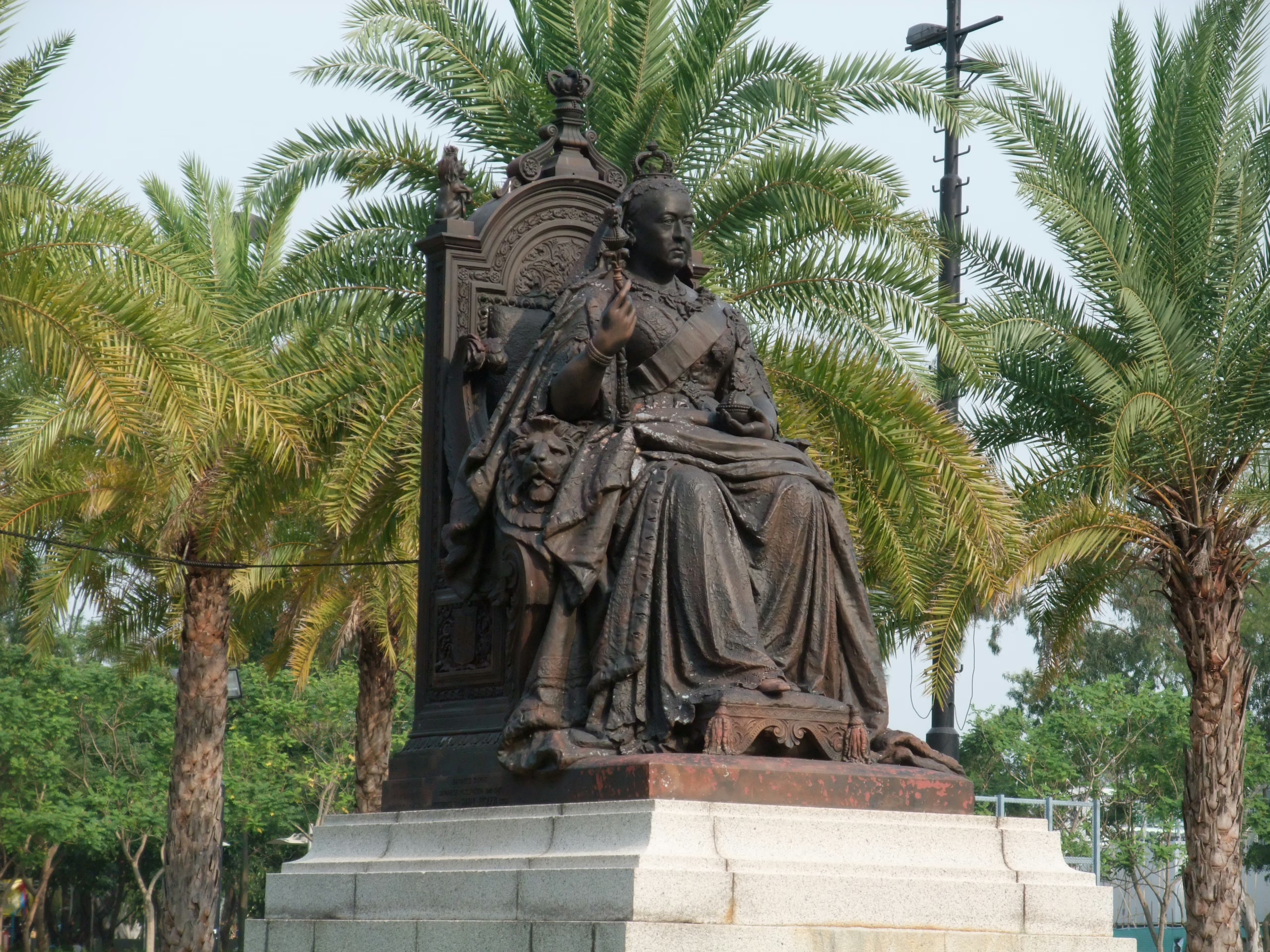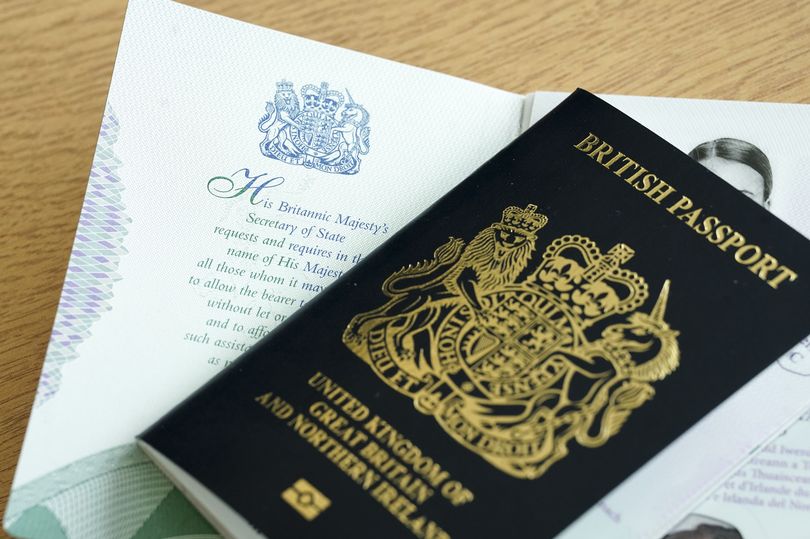On 1 July 1997, Hong Kong was handed over from British administration to China, marking the start of the “One Country, Two Systems” experiment, with promises of “Hong Kong people governing Hong Kong” and a high degree of autonomy, ensuring the city’s way of life would remain unchanged for 50 years. Yet, 28 years later, under the shadow of the National Security Law, Article 23 legislation, unfulfilled promises of universal suffrage, the collapse of civil society, and a plummeting international reputation, can Hong Kong residents still believe in this policy? Before the handover, Hong Kong thrived economically and took tentative steps towards democracy under the last British governor, Chris Patten. However, the establishment of the Provisional Legislative Council post-handover reversed democratic progress and reintroduced repressive laws. Similarly, Tibet’s experience with “One Country, Two Systems” reveals a parallel erosion of cultural and religious autonomy. This article examines, through detailed examples from Hong Kong and Tibet, how “One Country, Two Systems” has unravelled into an empty promise.
Hong Kong: From Prosperity to a Precipitous Decline
The British Administration: Prosperity and Democratic Beginnings
During the British administration, particularly from the 1980s to 1997, Hong Kong was an economic miracle in Asia. Between 1980 and the 1990s, Hong Kong’s GDP grew at an average annual rate of approximately 5% (World Bank data), with the Hang Seng Index reaching 16,800 points in 1997, cementing its status as a global financial hub. The rule of law was robust, society was stable, and international firms such as HSBC, Jardine Matheson, and Standard Chartered established their regional headquarters in the city, driving significant improvements in living standards. While full democracy was absent, the final British governor, Chris Patten (1992–1997), accelerated democratic reforms. Patten’s “political reform package” introduced 20 directly elected seats to the Legislative Council in 1995, expanded functional constituencies to include grassroots sectors (e.g., teachers and social workers), and lowered the voting age to 18. The 1995 election saw a record 920,000 voters and a turnout of 35.8% (Hong Kong government data). Though limited, these reforms laid the groundwork for democracy, igniting public aspirations for political participation and establishing events like the Tiananmen Square vigil as symbols of a vibrant civil society.
The Handover and the Provisional Legislative Council’s Regression
The handover on 1 July 1997 shattered these democratic hopes. To replace the existing Legislative Council, Beijing established the Provisional Legislative Council, which operated in Shenzhen without broad public mandate and was dominated by pro-Beijing figures. Between 1997 and 1998, this body passed controversial laws, reinstating repressive measures from the British administration that had previously been repealed, such as stringent provisions in the Public Order Ordinance (restricting assembly sizes and routes) and the Societies Ordinance (requiring registration and oversight of organisations). Patten’s reforms were declared invalid by the National People’s Congress Standing Committee, and the 1995 direct election framework was dismantled, with the Legislative Council reverting to a functional constituency-dominated system. This rollback of democratic progress set a grim precedent for “One Country, Two Systems,” eroding public confidence in autonomy from the outset.
Universal Suffrage: A Mirage
The Basic Law’s Articles 45 and 68 promised that the Chief Executive and Legislative Council would ultimately be elected by universal suffrage. Yet, 28 years on, this remains an illusion. In 2014, the National People’s Congress’s “8.31 Decision” mandated that Chief Executive candidates be pre-screened by Beijing, sparking the 79-day Umbrella Movement, where tens of thousands occupied Admiralty and Mong Kok to demand genuine universal suffrage. The government refused to budge, and the movement ended without success. In 2021, the “electoral reform” further stifled democracy: a Candidate Eligibility Review Committee disqualified nearly all pro-democracy candidates, and the 2021 Legislative Election saw voter turnout plummet to a record low of 30.2%. In the 2024 Chief Executive election, John Lee, the sole candidate, secured 1,416 out of 1,461 votes in the Election Committee, exposing the hollow reality of “Hong Kong people governing Hong Kong.” Citizens’ electoral rights have been stripped, reducing political participation to a hollow ritual.
National Security Law and Article 23: The End of Freedom
On 30 June 2020, the National Security Law was imposed by the National People’s Congress without public consultation, marking the death knell for Hong Kong’s freedoms. The law’s vague definitions of crimes like “secession” and “subversion” carry penalties up to life imprisonment. Within its first year, over 120 individuals were arrested, including pro-democracy leader Jimmy Lai and 47 participants in the 2020 democratic primaries. The media bore the brunt: Apple Daily was forced to close in 2021, with Lai and senior staff charged with “colluding with foreign forces,” and Lai remains imprisoned. Radio Television Hong Kong (RTHK) was purged, with investigative programmes like Hong Kong Connection axed. The Hong Kong Journalists Association’s 2023 report revealed that 68% of journalists self-censor due to fear, with the press freedom index dropping to a historic low of 25.7 (out of 100), compared to 65 in 1997.
The 2023 Article 23 legislation tightened the noose further, introducing offences like “external interference” and “stealing state secrets,” criminalising even academic research or international exchanges. For instance, in 2024, a University of Hong Kong lecturer was charged with “inciting secession” for researching the 2019 protests and fled to the UK; another case saw an NGO worker jailed for two years for “external interference” after co-organising a seminar with foreign scholars. These cases illustrate how Article 23 not only stifles free speech but fosters a climate of fear, where even routine discussions risk crossing legal red lines.
The Collapse of Civil Society
During the British administration, Hong Kong’s civil society flourished, with trade unions, student unions, and NGOs thriving. The annual Tiananmen vigil drew tens of thousands, symbolising freedom. Post-handover, this space has been decimated. Under the National Security Law and Article 23, civic groups have been systematically dismantled: in 2021, the Hong Kong Professional Teachers’ Union (HKPTU) dissolved after 47 years; pro-democracy parties like the Civic Party and People Power disbanded; and the University of Hong Kong Student Union was evicted from campus in 2021. Amnesty International’s 2024 report declared Hong Kong’s civil society “near extinction,” with public assemblies virtually eradicated. The 2019 anti-extradition protests, which saw 2 million marchers, are now a distant memory; by 2023, even the Tiananmen vigil in Victoria Park was banned, marking the complete collapse of civic space.
International Reputation in Freefall
Under British administration, Hong Kong’s rule of law and freedoms made it a global financial hub, attracting firms like HSBC and Standard Chartered. Post-handover, its reputation has plummeted. In 2020, the United States revoked Hong Kong’s special trade status, treating it as indistinguishable from mainland China, ending tariff exemptions and technology export privileges. Western firms are fleeing due to political risks: the American Chamber of Commerce in Hong Kong’s 2023 survey found 42% of firms plan to relocate within five years, with giants like Morgan Stanley, HSBC, and Goldman Sachs shifting operations to Singapore or Tokyo. A brain drain compounds the crisis: between 2020 and 2023, approximately 530,000 Hong Kong residents emigrated via the UK’s BNO visa scheme (UK government data), including doctors, teachers, and tech professionals, undermining the city’s competitiveness. Freedom House’s 2024 report slashed Hong Kong’s freedom score to 42 (out of 100), far below Singapore (80) and Taiwan (94), reflecting a near-total loss of international confidence in its rule of law.
Tibet: The Loss of Culture and Religion
Tibet’s “One Country, Two Systems” began with the 1951 Seventeen-Point Agreement, promising to preserve Tibetan culture, religion, and autonomy. Like Hong Kong, these promises have been broken. Beijing has invested heavily in Tibet, with projects like the 2006 Qinghai-Tibet Railway (costing 33 billion RMB), driving economic growth, with Tibet’s GDP rising 9.2% in 2023 (National Bureau of Statistics data). However, these benefits largely accrue to non-Tibetan settlers, leaving Tibetans marginalised in employment and income distribution.
Culturally and religiously, Tibet’s situation is dire. Tibetan language education is sidelined, with primary schools prioritising Mandarin; monasteries and religious activities are tightly controlled, with monks forced into “patriotic education” and portraits of the Dalai Lama banned. The 1995 Panchen Lama controversy exemplifies this: Gedhun Choekyi Nyima, recognised by Tibetans as the Panchen Lama, was detained by Beijing, which appointed its own candidate, deeply wounding Tibetan religious sentiments. The 2008 Lhasa protests, where hundreds of Tibetans demanding religious freedom were arrested, prompted Human Rights Watch to condemn China’s systematic suppression of Tibetan Buddhism. Tibet’s autonomy is nominal, with local governance entirely subordinate to Beijing, rendering the Seventeen-Point Agreement’s promises of cultural and religious freedom void.
Comparison: The Tragedy of One Country Over Two Systems
In both Hong Kong and Tibet, “One Country, Two Systems” was meant to preserve local distinctiveness, but the dominance of “One Country” has prevailed. Hong Kong’s Provisional Legislative Council, National Security Law, and Article 23 have crushed political and press freedoms, while Tibet’s cultural policies have eroded religious and linguistic identity. Hong Kong’s Basic Law and Sino-British Joint Declaration offered a legal framework, but even international oversight could not halt the erosion of autonomy; Tibet’s Seventeen-Point Agreement was a mere formality, with international focus on human rights unable to address the loss of autonomy. The democratic progress of Hong Kong’s British administration was undone by the Provisional Legislative Council and electoral reforms, while Tibet’s cultural roots have been systematically uprooted.
Economically, both regions have seen growth, but at a steep cost. Hong Kong’s financial hub status is faltering due to the exodus of foreign firms and talent; Tibet’s modernisation has come at the expense of cultural identity. The shared disillusionment of Hong Kongers and Tibetans reflects the failure of “One Country, Two Systems” to honour its promises, with Beijing’s expanding control silencing local voices.
Conclusion: 28 Years On, Is There a Way Forward?
On 1 July 2025, the 28th anniversary of Hong Kong’s handover is a day of sorrow. The economic prosperity and democratic strides of the British administration have been obliterated by the Provisional Legislative Council, the National Security Law, and Article 23. The promise of universal suffrage is broken, Hong Kong people governing Hong Kong has become Beijing’s hand-picked rule, civil society lies in ruins, and the city’s international reputation is in tatters. Tibet’s experience serves as an earlier warning, showing how “One Country, Two Systems,” without genuine implementation, becomes a tool for control.
With 22 years left until the “50 years unchanged” deadline, the disillusionment of Hong Kongers and Tibetans defines these 28 years. Is there still room to rebuild trust? Or is Hong Kong’s unique status destined, like Tibet’s cultural heritage, to vanish under the weight of “One Country”? On this anniversary of the handover, Hong Kongers can only ask: does our future still hold a shred of hope that belongs to us?
Discover more from “Bridging Hongkongers. Reporting Truth.”
Subscribe to get the latest posts sent to your email.



